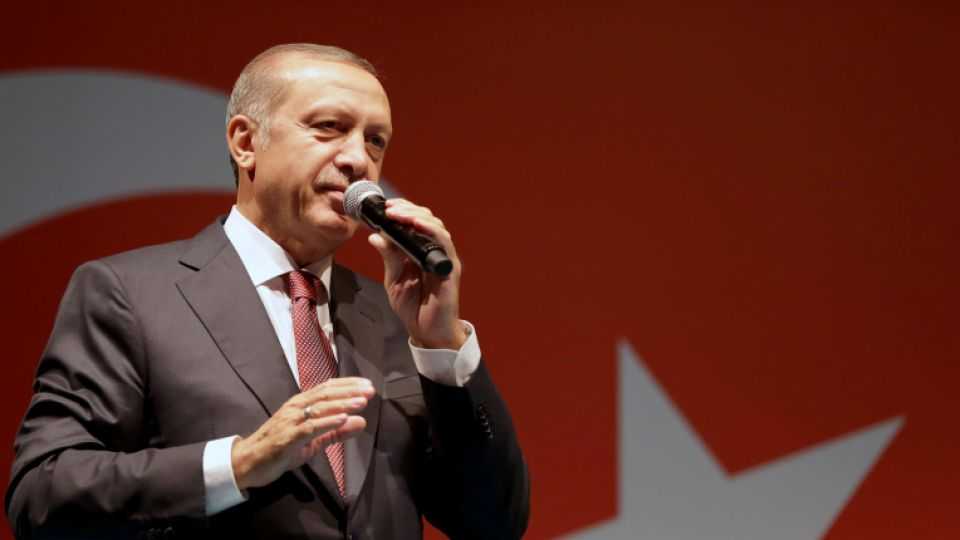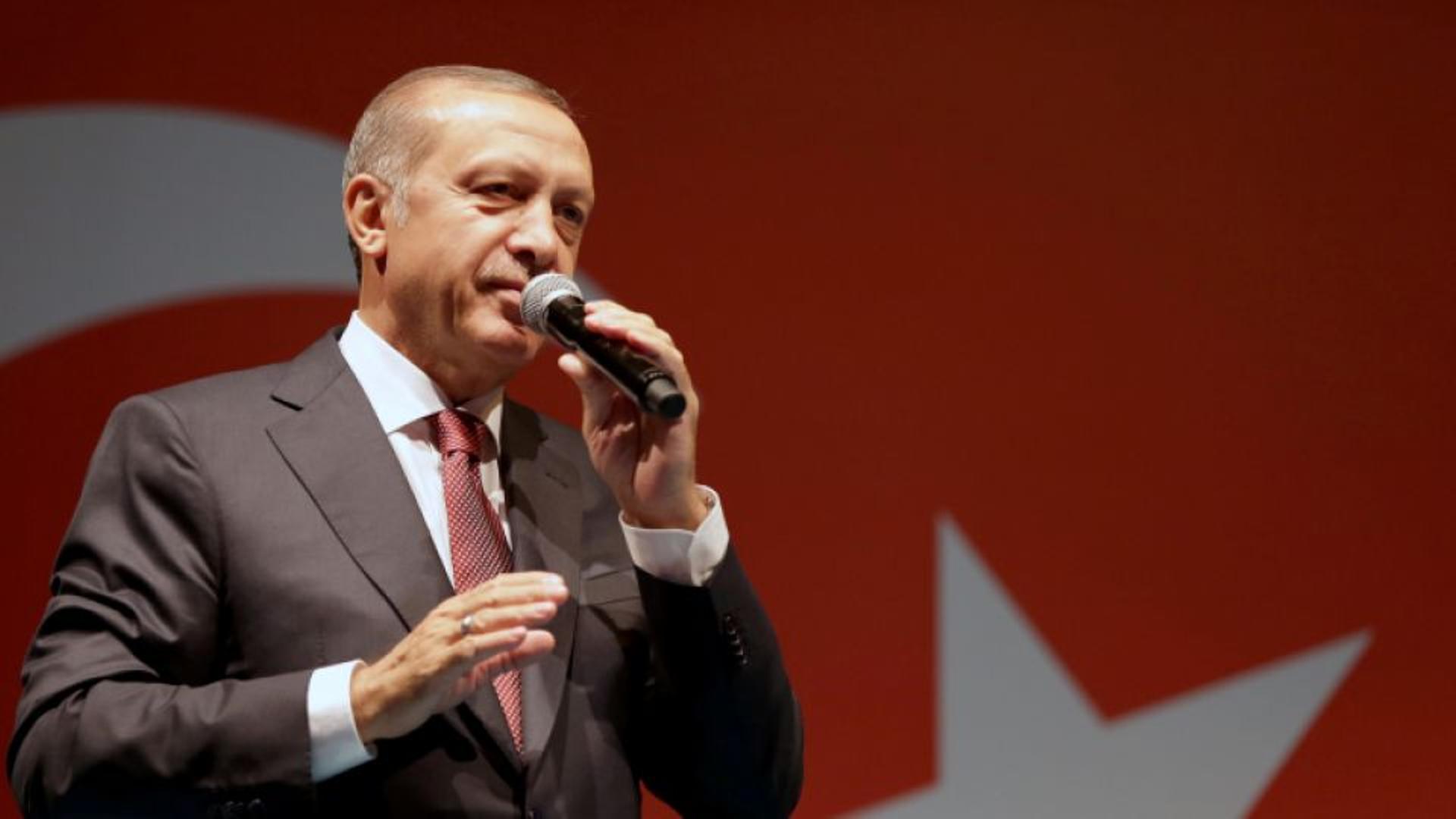
Turkish President Recep Tayyip Erdogan has announced a three-month state of emergency in Turkey following last Friday’s failed attempt at a military coup.
Speaking in a live television broadcast in front of government ministers after a meeting of the National Security Council that lasted nearly five hours, Erdogan said the move was fully in line with Turkey’s constitution and did not violate the rule of law or basic freedoms of Turkish citizens.
Under Article 120 of the Turkish Constitution, in the event of serious indications of widespread acts of violence aimed at the destruction of the free democratic order, a state of emergency may be declared in one or more regions or throughout the country for a period not exceeding six months.
“The aim of the declaration of the state of emergency is to be able to take fast and effective steps against this threat against democracy, the rule of law and rights and freedoms of our citizens,” Erdogan said.
Erdogan said regional governors would receive increased powers under the state of emergency, adding that the armed forces would work in line with government orders.
All factions and individuals within the army and security forces that violated their constitutional job or role will also be dismissed from their positions.
The state of emergency will only come into force after it has been approved by the parliament and can only be extended by four months, again after parliament approval.
“The authority and will of the [civilian] leaders will grow more in this process,” Erdogan promised. “We never compromise on democracy, and we will not compromise.”
The Turkish president also reassured the public that the state of emergency will not result in the application of martial law.
Purge continues
About 60,000 soldiers, police, judges, civil servants and teachers have been suspended, detained or are under investigation since the attempt was defeated on Saturday morning.
Academics were banned from traveling abroad on Wednesday. State TRT television said 95 academics had been removed from their posts at Istanbul University alone.
Erdogan blames a network of followers of a US-based cleric, Fethullah Gulen, for Friday night’s attempted coup, in which more than 230 people were killed as soldiers commandeered fighter jets, military helicopters and tanks to try to overthrow the government.
Erdogan, who has led Turkey as prime minister or president since 2003, has vowed to clean the “virus” responsible for the plot from all state institutions.
In a sign of how shaken Turkey’s leadership has been by the coup attempt, with dozens of generals arrested as well as Erdogan’s aide de camp, government ministers and top officials were not briefed in advance of the meetings.
Around a third of Turkey’s roughly 360 serving generals have been detained since the coup attempt, a second senior official said, with 99 charged pending trial and 14 more being held.










Discussion about this post